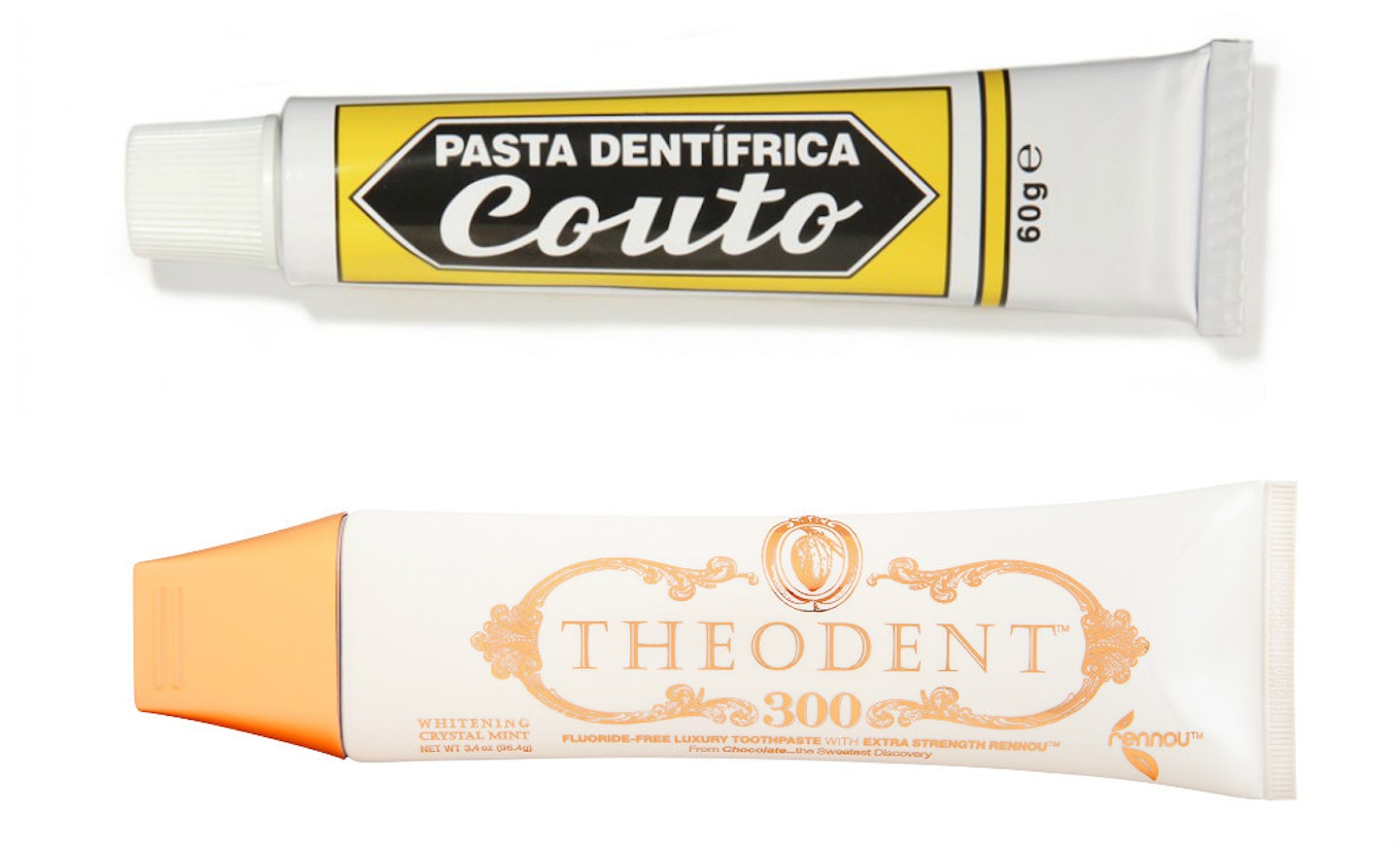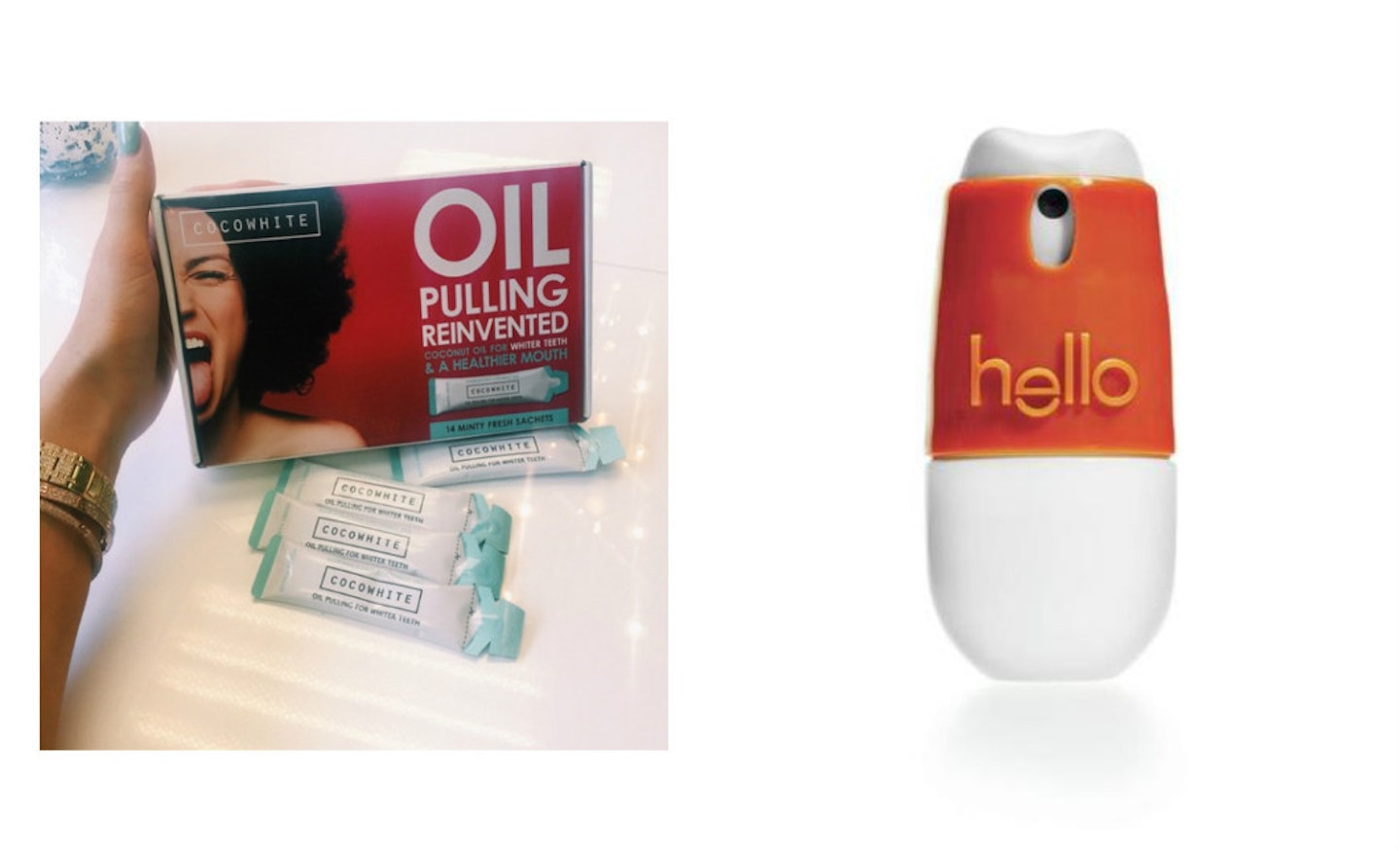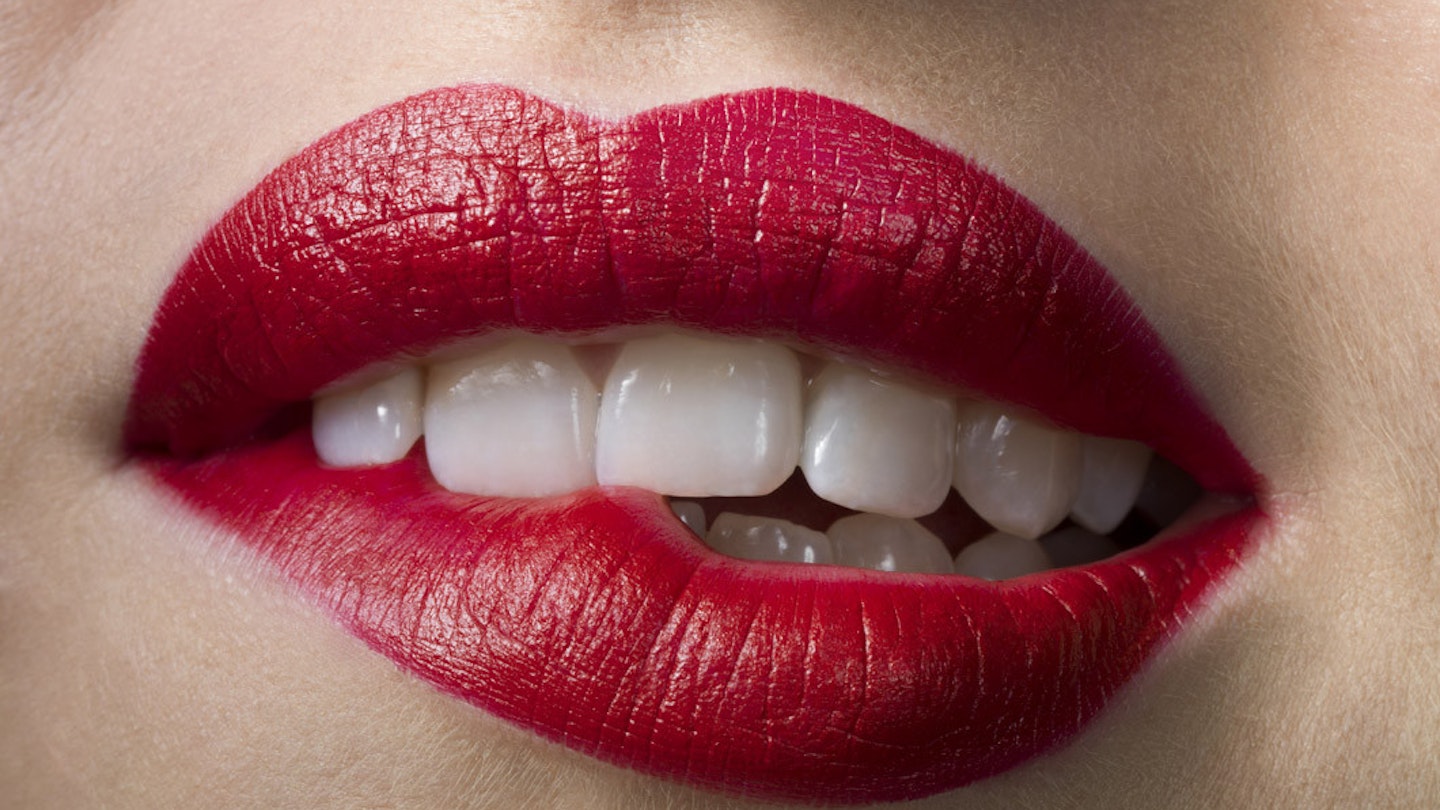There's no denying that wellness is now a luxury industry. First up was exercise, with boutique gyms charging £30 a pop for exercise classes. Then followed home cooking, with the £1,000 Thermomix food processor becoming a must-have - even gruelling bootcamps have gone upmarket, with hundreds of exclusive wellness retreats popping in the most expensive corners of the world.
So it should come as no surprise that the latest area to get a luxury upgrade is teeth. That's right, in 2016 your old faithful toothbrush, toothpaste and floss simply won't cut it. 2016 is officially the year of luxury dental care, with a £70 toothpaste on the market - and that's not to mention organic, natural dental care coming into the spotlight.
First things first, that £70 toothpaste. Theodent 300 is no ordinary toothpaste - firstly, because it doesn't contain flouride (which is widely used in oral care to protect teeth), and secondly because it has a rather fancy tube. Instead of flouride, the company used a compound called 'rennou', which is extracted from cocoa and they claim is better for repairing enamel. That's right: chocolate toothpaste.
It comes in a wonderfully elegant tube that dispenses chic ribbons of toothpaste instead of pleb-like dollops. Of course, there will always be debate over whether it's safer to use flouride or other compounds (bearing in mind you can poison yourself from flouride, but that's very rare), but there was a clinical trial that seemed to prove Theodent worked better than other leading brand toothpastes - which you can read here, if you wish to.
That aside, there's also Couto toothpaste, which comes in a wonderfully chic package, and is legendary back in Portugal. Developed in the 1930s by Alberto Ferreira Couto, the paste combines tooth-cleaning with antiseptic ingredients to protect gums. At £3.50 a pop, it's less eye-watering than Theodent, and has legions of fans across the world.

Then, there's the natural oral care movment. Not content just to make us eat 'clean', there are now plenty of brands offering 'free-from' dental care. Just look at hello - their purse-friendly range includes a mouthwash free from artificial sweeteners or dyes, and uses tooth-friendly xylitol to keep the taste palatable. They even do adorable handbag-size breath sprays with the same natural credentials.
Which leads us onto the truly organic movement: if there was a price for the star ingredient of last year, then coconut oil and charcoal would have both been vying for the top spot. Both made have now made their dentistry debut, with countless stars rushing to declare their love for oil pulling, a practice wherein one swills coconut oil around their mouth and then spits it out - the logic being that plaque isn't water-soluble, it's fat-solube, and so siphons away impurities.
The jury's out on it's efficacy, but that hasn't stopped countless at-home oil-pulling kits being sold. As for charcoal, its detoxifying properties are nothing new. Miles away from the stuff you used to scribble with in art class, 'activated' charcoal is negatively charged, which means it passes through your body and absorbs any toxins that may have a positive charges, such as pesticide traces in food and non-organic vegetables.
Using charcoal in this way is nothing new; gas marks are lined with it and it's used to treat patients who've overdosed on drugs in A&E, so the detox theory seems sound.

Leading oral care brands like Beverly Hills Formula have brought out charcoal toothpastes and mouthwashes, and small businesses have got in on the action, too, with organic charcoal tooth scrubs doing the rounds on Amazon and Etsy. But maybe don't rush to buy some just yet - some dentists have rubbished the claims that charcoal toothpaste has the desired effect, and some think it could potentially be dangerous.
Matthew Lloyd, dentist and founder of WhiteWash Laboratories, told us "As the theory has roots in ancient medicine I'd always take the claims with a pinch of salt. It's really important to see where a product is manufactured because the key thing is that it needs to be activated charcoal and not just any old charcoal."
He added, "The whitening effect could be similar to existing whitening toothpastes but there will be placebo effect as your teeth go from being black to white after rinsing. It's also really important to know how abrasive these pastes are - let's face it, we all want whiter teeth but not at the cost of brushing away tooth enamel. I'd advise speaking to your dentist first because it's about having a healthy white smile - not just a white smile."
If there's one thing you should do to your 2016 tooth care routine, it's lose the microbeads. Every mouthful you spit down the sink when you rinse contains countless river-clogging, wildlife-threatening beads, so maybe give those offerings a pass.
